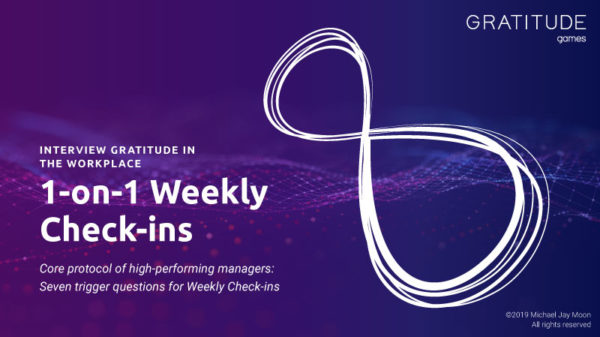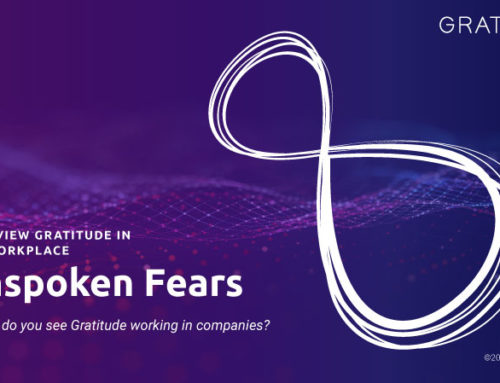If you’ve worked in a midsize or larger firm, then you’ve experienced all sorts of performance management systems. And there’s a lot of good in those systems.
However, the bulk of those traditional performance management systems is now obsolete or misaligned with the needs and expectations of Millennials, realities of remote teams and economics of contract workers.
My work with startups and small business led me to prototype a more organic performance management that also incorporated a number of insights and scars from my unusual background.
Insights from the Unemployable
So, let’s start with my quirky background and my 40-plus years mostly as a self-employed business of one.
Over the five years after I got out of University, I had seven jobs and was fired from four, laid off in one, and walked away from two more.
I concluded, though incorrectly at the time, that I was unemployable. I concluded that I brought an unhealthy cocktail of a poor temperament, super high IQ, super low-emotional intelligence, and rigid values of freedom and adventure to the job of being an employee.
In retrospect, I was mismanaged in these early jobs. More than just bad management, I was abused in ways that it took me decades to unpack, understand, and resolve.
I now appreciate all of it for the way it has galvanized within me a standard of excellence for being managed and managing others with dignity, honesty, and love.
Formative Experiences, Sharp Contrasts
Those early years of work contrasted with my experience from high school where I had played on regionally ranked sports teams.
I loved the sense of being coached, the membership of being part of a team, deliberate practice, and winning. But most of all I loved being on the bus with the guys.
I also had a great experience volunteering, notably at EST or what’s known today as Landmark Education.
In their well-structured assistant’s program, that would today mirror a really great corporate internship program, I loved, just loved, its clean and simple ways of working, getting the job done, and having a ball doing it under demanding late-night / early morning, all-day-along conditions.
EST had made it a hard, all-in game worth playing that produced more value for me than it cost me in time and money. They made me promise to get more value out of assisting than the time and effort I put into it.
As a volunteer, I experienced being acknowledged for more than just showing up and getting stuff done.
They acknowledged me on a regular basis for bringing all of me to the work: my creativity, love of learning, judgment, accountability, appreciation of excellence, and spirituality.
I had a sense of learning something every time that I assisted. I flourished as a result.
After a while, seeing how much I had grown, I sensed then, only as I know now for certain that I had become an aspiring master. By choice and circumstance, I found myself committed to a path of self-mastery.
I also knew, in direct line-of-sight way, that I made a real difference in the lives of others in a self-evident, meaningful and gratifying way. I had prima facie proof in the faces, movement and interactions of the seminarians that I served. Wow. Just wow, wow.
I didn’t need approval or acknowledgement to fill some lack. Just the opposite, assisting filled my tank full. I found myself flowing with appreciation and gratitude of others.
I also experienced the sustaining power of living an Epic Narrative, doing something concrete against a larger theme of making a difference, changing the world, and altering the course of history, one event production at a time.
Now decades later, I now see the power of providing an Epic Narrative for others to step into and live out as one of the most crucial and misunderstood jobs of Leadership.
More than just nice stories and graphics, leaders like Andy Grove or Steve Jobs instilled a sense of destiny and greatest throughout their companies, using simple but powerful narratives.
While assisting, I did not just have a purpose.
I had moved into a place, a way of being, where I was Purpose…where everything that I touched, I did so with a deliberate intent to make it better … where I had a transcendent sense of just being lit up from within by something of pure goodness.
You know, thinking about it just now, makes it resonate with owning a startup,
“I have a Purpose, this Purpose has me, and we are without end.”
So, almost fifty years later, all of this informs my personal stand to making workplaces more humane, meaningful, and a platform for the personal pursuit of mastery.



